In the vaccine race, can COVAX help poorer countries catch up?
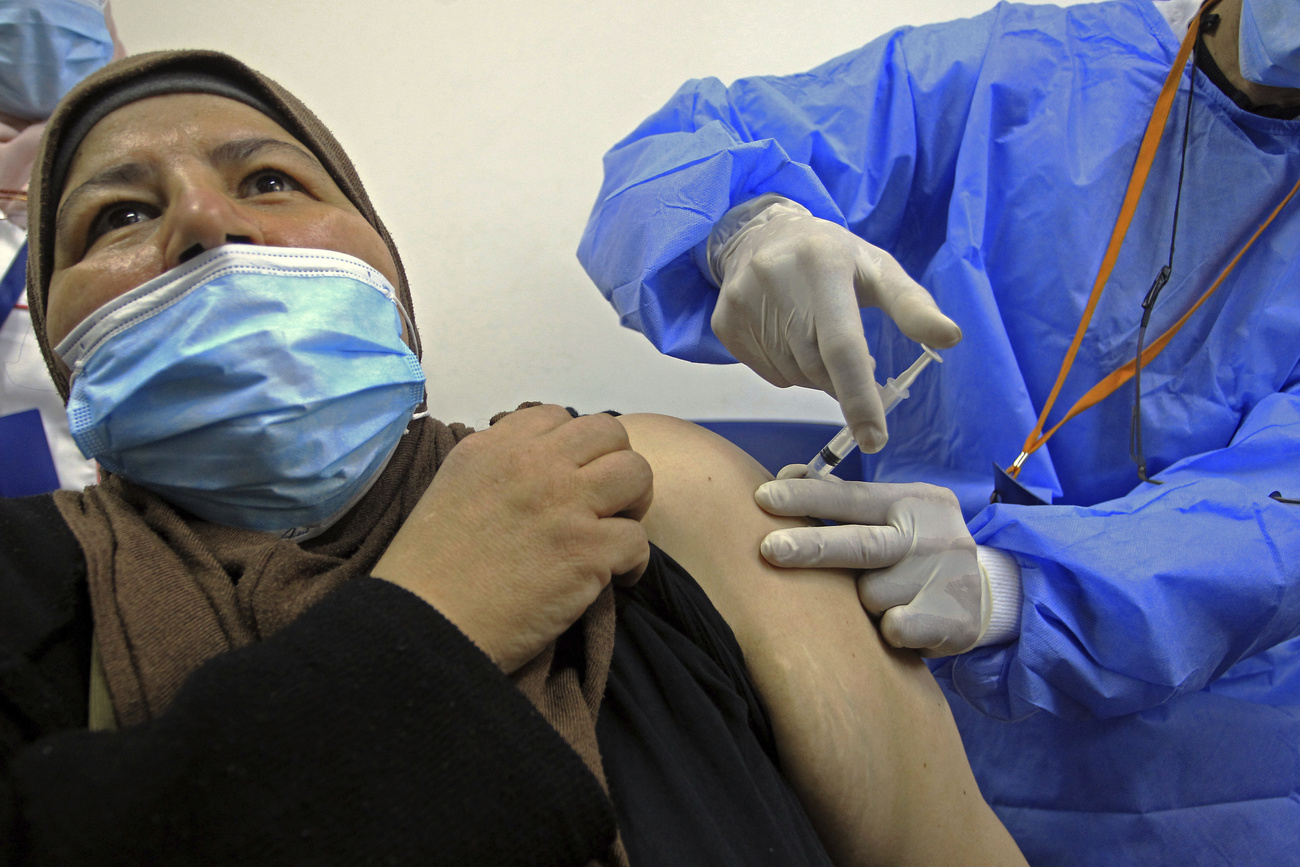
The WHO’s COVAX vaccine pool says it expects to start rolling out Covid-19 vaccines to low and middle-income countries in the first quarter of 2021. But as rich nations do bilateral deals and fight amongst themselves for supplies, will COVAX really be able to ensure “fair and equitable” distribution to all countries?
COVAX announced on February 3 that it expects to start rolling out a limited stock of the Pfizer BioNTech vaccine, which has already received WHO approval for emergency use, at the end of February. It also expects to have larger amounts of the AstraZeneca vaccine, whose approval is pending, and start rolling them out in the second quarter of the year. The vaccine pool published its first “interim distribution forecastExternal link” for the first half, with details of what individual member countries could expect in terms of deliveries.
“This marks an important step in providing governments and public health leaders with information they need to put in place practical steps for provision of early doses and a successful national rollout of vaccines,” it said. But it also warned that this “indicative distribution” is “non-binding and may be subject to change”.
A recent press releaseExternal link from Gavi, the Vaccine Alliance which leads COVAX procurement and delivery, also said it is “on track to deliver at least 2 billion doses” from a basket of Covid-19 vaccines by the end of the year, including at least 1.3 billion doses to 92 lower income countries. This would allow it to meet its aim of covering 20% of the population in each country, meaning health workers and the most vulnerable.
COVAX is co-chaired by the Geneva-based World Health Organization (WHO), Gavi and the Coalition for Epidemic Preparedness Innovations (CEPI).
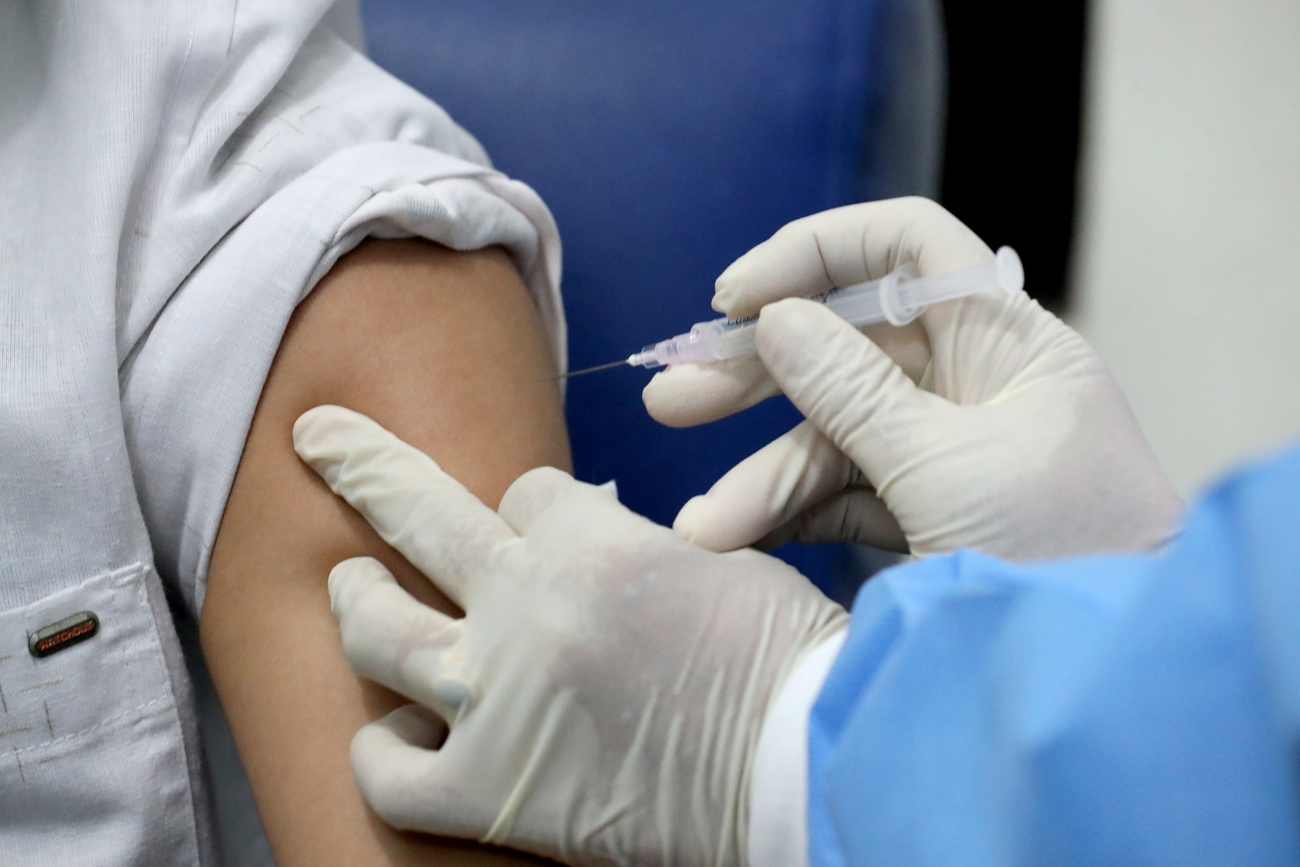
More
Why Swiss participation in WHO’s Covid-19 vaccine plan matters
Preparing for roll-out
Gavi CEO Seth Berkley told Geneva-based UN journalists on January 26 that COVAX was working with partners including UNICEF to ensure the “largest, fastest rollout in history”. Kate O’Brien, WHO’s Director of Immunization, Vaccines and Biologicals, said preparations for rollout were well advanced. “We have already conducted training through virtual means” and simulation exercises, she told the joint press briefing. The goal is to ensure countries are ready to start vaccinating their high priority groups.
Asked about specific countries and whether they would have a choice of vaccine, Berkley said this would depend on supply delivery and whether they had requested a specific vaccine. “We will work hard to give them a choice,” he said. The AstraZeneca vaccine is easier to transport and store, he pointed out, whereas the Pfizer vaccine requires very cold temperatures. Berkley also expressed confidence that COVAX would have more vaccines coming through, thanks notably to its support for R&D.
He praised the efforts of donor countries, saying the initiative has already raised $6 billion (CHF 5.4 billion) of the $8 billion needed for vaccine procurement and supply. He also welcomed statements from new US president Joe Biden that the US would be joining COVAX.
“Moral failure”?
This comes as rich countries – whether in COVAX or not — have already negotiated bilateral deals with companies to secure vaccines for their own populations and are now locked in a battle for supplies as companies hit production problems. Poorer countries have been largely left out.
WHO director-general Tedros Ghebreyesus of Ethiopia has warned frequently against “vaccine nationalism” and recently stepped up his warnings, saying that “the world is on the brink of a catastrophic moral failure – and the price of this failure will be paid with lives and livelihoods in the world’s poorest countries”.
Asked about this, Berkley replied that as of now, “vaccines have been launched almost exclusively in wealthy countries and the worry is that if they continue to purchase doses this may be a problem for having more doses available for the rest of the world”. He stressed that if there remain “large circulating reservoirs” of the virus, this puts everyone in the world at risk, especially as new strains are emerging. “No one is safe until everybody is safe,” he told UN journalists.

In compliance with the JTI standards
More: SWI swissinfo.ch certified by the Journalism Trust Initiative
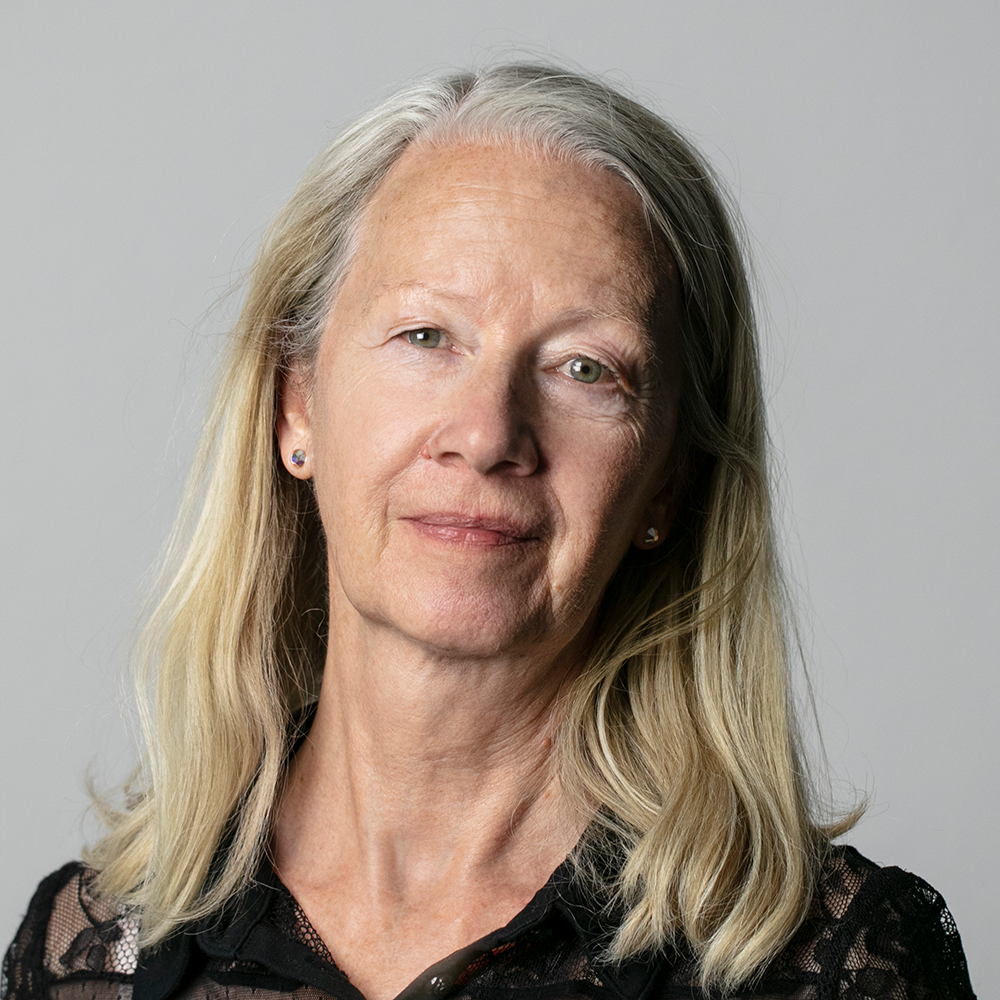
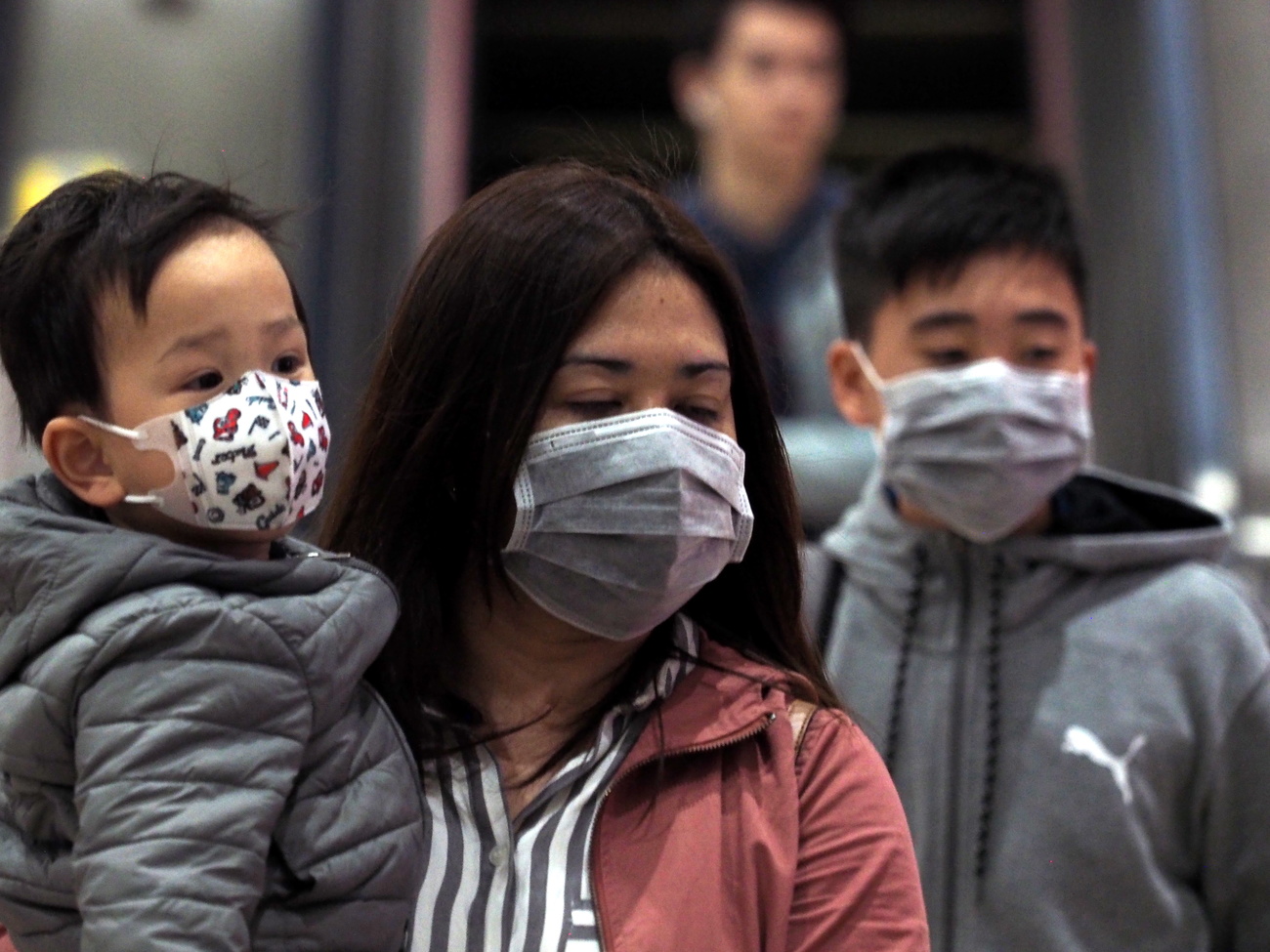
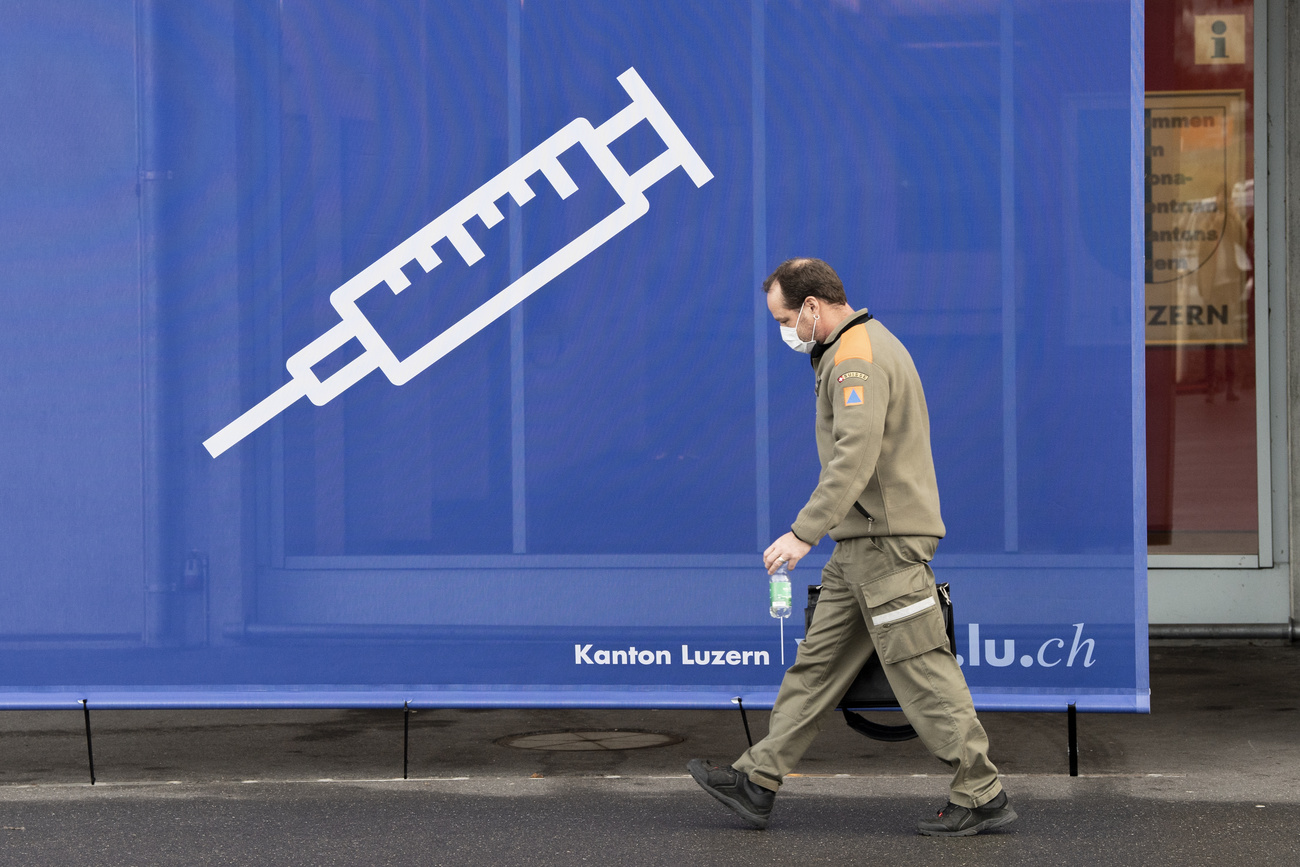
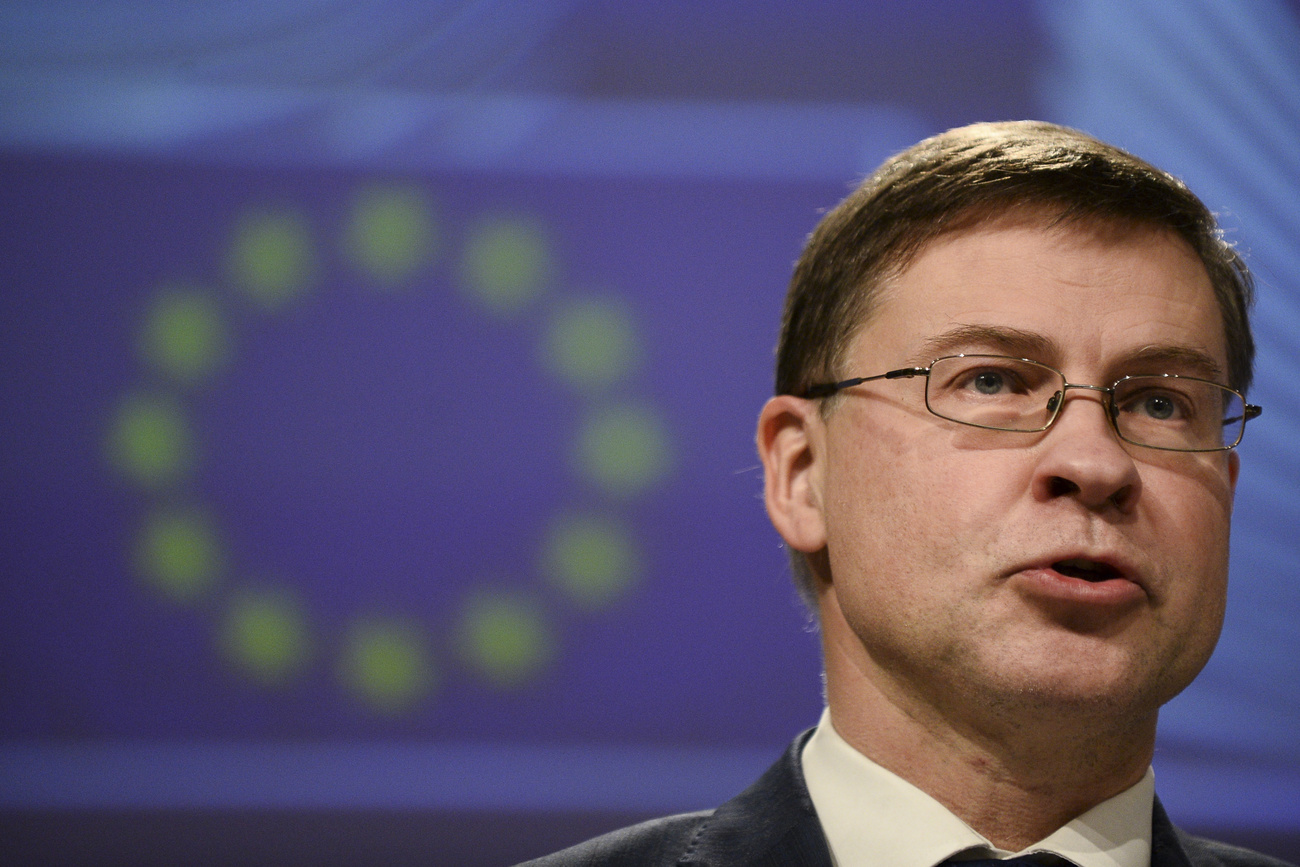
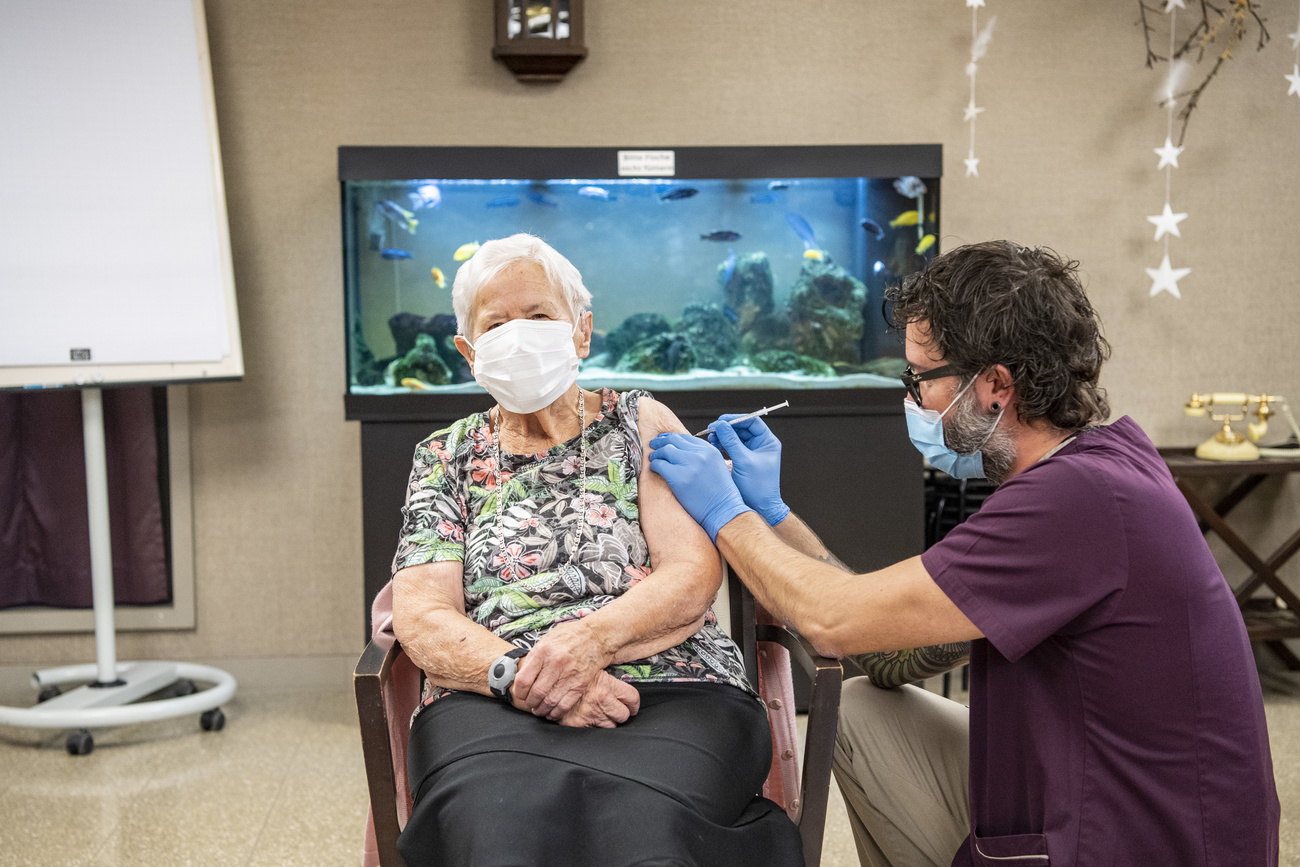
Join the conversation!